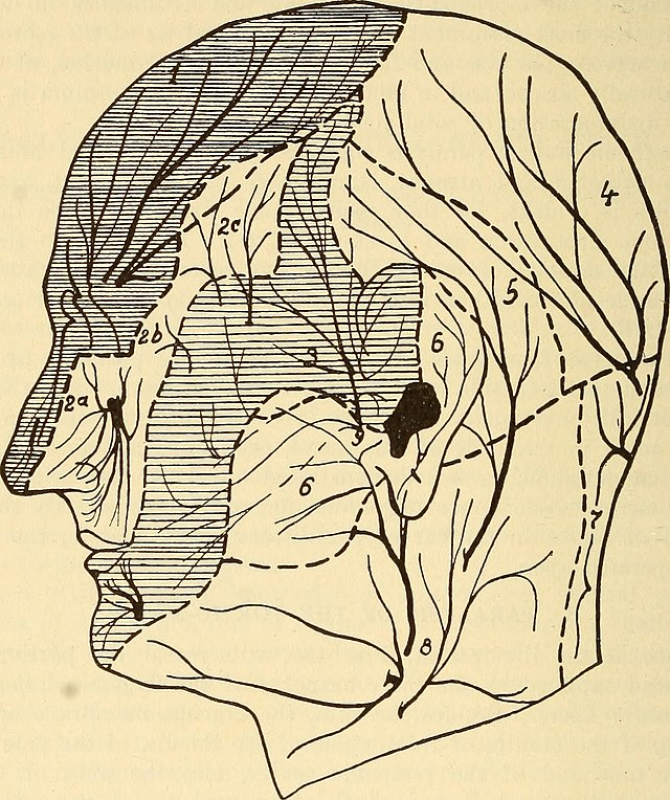- Trump says US aims to destroy Iran's military, topple government |
- Stock indices rally at DSE, CSE despite shrinking turnover |
- Tehran hits back across region after US and Israel attack Iran |
- African Union calls for restraint in Middle East |
- Iran-Israel Tensions Stoke Energy Risks for Bangladesh |
Musk's Neuralink cleared for human test of brain implants

Diseases of the nervous system. The Library of Congress. Wikimedia Commons.
The company said clearance from the US Food and Drug Administration for its first in-human clinical study is "an important first step" for its technology.
Elon Musk's brain-implant company Neuralink on Thursday said it had received the US Food and Drug Administration's (FDA) approval to launch its first in-human clinical study.
The company announced the decision on Twitter, saying the approval "represents an important first step that will one day allow our technology to help many people."
The goal of the company is to develop chips that can be implanted in peoples' brains to treat neural disorders.
The implants may one day be powerful enough to put humanity on a more even footing with possible future superintelligent computers.
Neuralink isn't the only company in the field of what is known as the brain-computer interface or BCI industry.
Race to decipher brain waves for external technologies
Scientists across different companies are working to develop an artificial intelligence for the brain so people with severe spinal injuries, for example, can talk or type using brain waves.
Meta CEO Mark Zuckerberg bought CTRL-labs, a startup developing non-invasive neural interfaces, in 2019.
The startup was folded into Facebook’s Reality Labs, whose goal is to "fundamentally transform the way we interact with devices."
FDA approval significance
While there are brain-computer interfaces in gaming, Neuralink hopes to be the first to improve cognitive functioning.
On at least four occasions since 2019, Musk has predicted that his medical device company would soon start human trials of brain implants to treat intractable conditions like paralysis and blindness.
But the company, which was founded in 2016, did not seek approval until early 2022.
Recruitment for medical trials has not yet opened, though. – DW News

